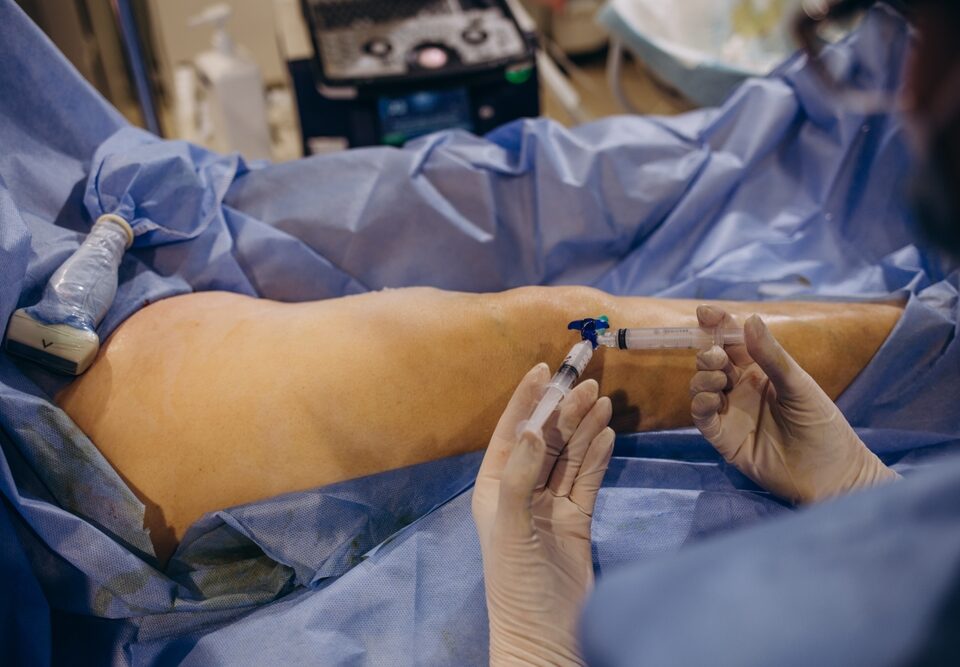
Beginner’s Guide to Botox in Maryland
January 11, 2023
Guide to Lip Filler Maryland
January 18, 2023If you have been diagnoses with DVT, you likely have questions about the condition. Here are some things you should consider and questions to ask your doctor about DVT.
What is DVT?
DVT, or deep vein thrombosis, is a blood clot in one of the deep veins in your body. This is usually located within the muscle of your leg.
How Dangerous is DVT?
The most dangerous part of DVT is that the clot, or a piece of it, could break off and travel to your lungs. This would cause a blockage known as a pulmonary embolism.
What Causes Deep Vein Thrombosis? 
DVT can form when you’re sitting still for hours, like on a long plane ride or car trip. It can also happen after surgery or during a long hospital stay. Additionally, women who take hormones like estrogen are more likely to develop a clot. So are people who smoke.
How is it Treated?
First, the doctor will probably give you shots of heparin, a blood thinner. This makes it harder for your blood to clot and keeps the clot from getting bigger, or others from forming. However, this does not break up the clot. Your body will have to break it up over time.
Additionally, you may need to take blood thinner pills and have your blood checked often. The time frame for this depends entirely on what caused your blood clot. If it was the result of a surgery and you don’t have other risk factors, you may not need blood thinners for long. but if it was due to an inherited condition or a chronic disease, it could be longer.
Can I Still Exercise?
Yes, you can still move around and walk after you have been diagnoses with DVT. However, you should take it easy and talk to your doctor about the type of exercises you like to do and whether its safe.
Does DVT cause stroke or heart attack?
Clots formed in the deep veins don’t usually move to the heart or brain. It is usually blood clots in an artery (called arterial thrombosis) that can travel to the heart and cause a heart attack or the brain to cause a stroke.
DVT Questions for Your Doctor
Speak to your doctor about your questions and concerns, as well as your treatment options. To learn more, please contact the Vein Center of Maryland.




